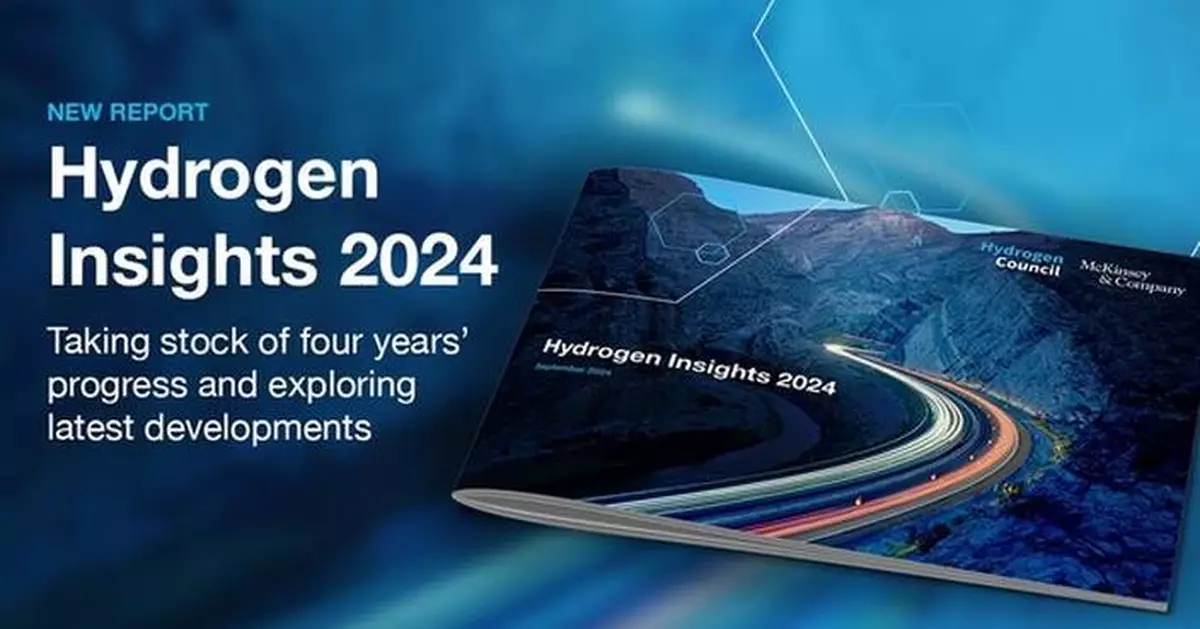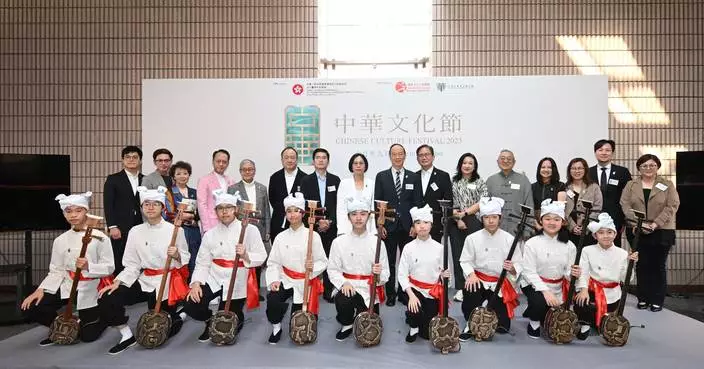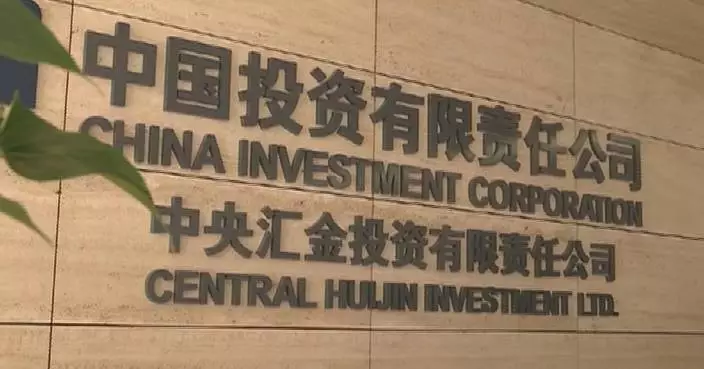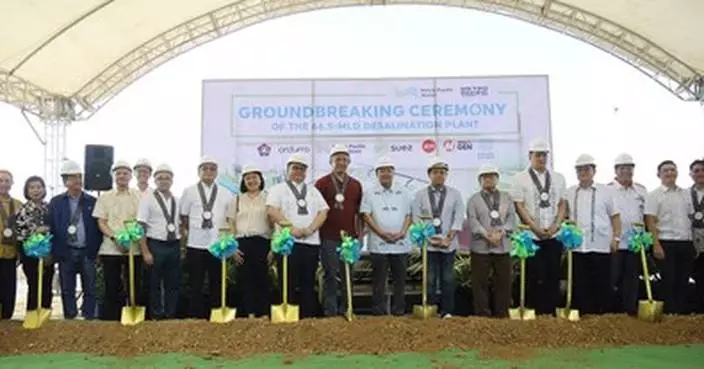BRUSSELS, Sept. 17, 2024 /PRNewswire/ -- The global clean hydrogen project pipeline is growing and maturing, with a sharp increase in projects reaching final investment decision (FID), according to the Hydrogen Council's latest analysis of more than 1,500 projects worldwide. At the same time, the pace and scale of deployment need to accelerate dramatically to meet global climate goals.
The Hydrogen Insights 2024 report, released today and co-authored by McKinsey & Company, reveals that while the global project pipeline has grown by a factor of seven since 2020 from 228 projects to 1,572 projects, as of May 2024, it has also matured, with a strong focus on advancing projects towards execution. Most notably, clean hydrogen projects that reached FID have also seen a seven-fold increase in committed investment, growing from approximately USD 10 billion across 102 projects in 2020 to some USD 75 billion across 434 projects in 2024.
The most recent data from October 2023 to May 2024 further underscores a clear shift from project planning to implementation. Total announced investments through 2030 have increased by approximately 20% – from USD 570 billion to USD 680 billion. The most notable growth has occurred in the more advanced stages of project development, with investments past FID growing by a remarkable 90%, followed by a 30% increase in front-end engineering design (FEED) stage projects.
This clear shift across the global project pipeline from announcements to implementation is coupled with natural attrition that fosters industry maturation by eliminating less viable projects and prioritising those with the highest potential, a pattern also seen in the early stages of other clean energy industries such as wind and solar.
Jaehoon Chang, President and CEO of Hyundai Motor Company and Co-Chair of the Hydrogen Council, said: "The seven-fold increase in committed capital for hydrogen projects reaching FID over the past four years demonstrates the industry's progress. We are pleased to see the industry walking the talk at this critical transitional moment, as evidenced in the latest Insights report. Moreover, further action is needed to ensure an accessible and affordable hydrogen supply, enabling the widespread adoption of hydrogen."
Despite progress, the hydrogen sector, like other clean energy industries currently, faces macroeconomic headwinds including rising inflation and interest rates, as well as geopolitical tensions affecting energy markets. Sector-specific issues such as regulatory uncertainty and increasing costs for renewable power and electrolysers have led to project delays, particularly for renewable hydrogen projects.
Ivana Jemelkova, CEO of the Hydrogen Council, said: "This report sends a clear message: hydrogen is happening. Now that hydrogen is a reality in the energy transition, it's time to drive significantly more investment by 2030 to meet our mid-century targets. Equipped with concrete lessons learned from the past four years, we must urgently address challenges in key markets and create a more favourable environment for project execution."
Sanjiv Lamba, CEO of Linde and Co-Chair of the Hydrogen Council, said: "Realising hydrogen's full climate and socio-economic potential requires a united effort from governments and industry. With a supportive regulatory framework and targeted incentives, investors will have the certainty they need to move projects to FID – ultimately contributing to achieving global climate targets."
About Hydrogen Insights
Hydrogen Insights is the Hydrogen Council's regularly published perspective on the hydrogen industry's evolution. It summarises the current state of the global hydrogen sector and actual hydrogen deployment. Authored by the Hydrogen Council in collaboration with McKinsey & Company, the report draws on a combination of public information and proprietary data from Hydrogen Council members and represents a collaborative effort to share an objective, holistic, and quantitative perspective on the status of the global hydrogen ecosystem.
About The Hydrogen Council
The Hydrogen Council is a global CEO-led initiative with a united vision and long-term ambition for hydrogen to accelerate the clean energy transition. It brings together a diverse group of 140 companies from 20 countries across Americas, Europe, Africa, the Middle East and Asia Pacific. Spanning the entire value chain, and including large multinationals, innovative start-ups as well as investors, the Council's membership represents some $9 trillion in market capitalization, 6.8 million in FTEs and some $6.4 trillion in revenues.
The Council is committed to unlocking the sustainability potential of clean hydrogen, fostering business and technological innovation as drivers for sustainable growth, creating quality jobs and delivering social value. Using its global reach to promote collaboration between industry, governments, investors, and the civil society, the Council provides insights on and pathways for accelerating the deployment of hydrogen ecosystems around the world. It also supports the development of international safety and sustainability standards, paving the way for the deployment of reliable hydrogen solutions at scale.
To find out more visit www.hydrogencouncil.com and follow us on X @HydrogenCouncil and LinkedIn.
Media Enquiries
Joanna Damerell, Communications Manager, Hydrogen Council
Joanna.damerell@hydrogencouncil.com
** The press release content is from PR Newswire. Bastille Post is not involved in its creation. **
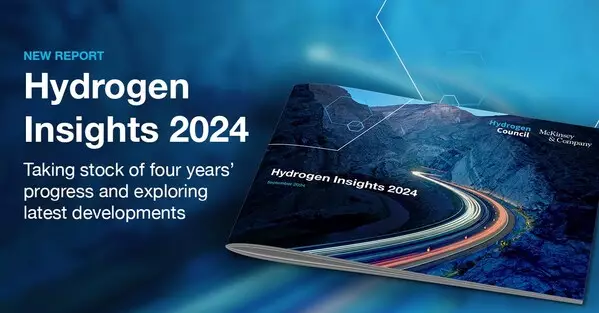
Global hydrogen industry reports $75 billion in committed capital but climate targets at stake due to project delays
SINGAPORE, April 8, 2025 /PRNewswire/ -- PSB Academy (PSBA), Singapore's leading private education institution (PEI), has officially launched its third campus at The Cathay, alongside the signing of a tripartite collaboration to enhance paramedicine education in Singapore. This new collaboration with Coventry University and COSEM, a cooperative of Singapore Civil Defence Force (SCDF), aims to introduce specialised paramedicine courses to address the nation's rising emergency call volumes and workforce shortages.
The inauguration event was graced by Her Excellency Alice Cooke, Acting Deputy High Commissioner, British High Commission Singapore. It is also attended by prominent guests such as Coventry University Vice-Chancellor, Professor John Latham CBE, Deputy Vice-Chancellor (International), Professor Richard Wells, Coventry University Singapore Hub Managing Director, Dr Michael Yap, SCDF Deputy Commissioners, DC Teong How Hwa and DC Daniel Seet, and COSEM Safety & Security Services General Manager, Anthony Pek.
Derrick Chang, Chief Executive Officer of PSBA, shared: "The Cathay Campus represents an important evolution in PSB Academy's mission to cultivate industry-ready graduates that are trained with practical skills for real-world applications. Industry collaborations underpin our approach to education. This expansion of our facilities ensures that students have access to a learning environment that not only meets academic standards but also reflects the needs of today's workforce."
Pioneering Industry-Relevant Education in Singapore
At the launch, both PSBA and Coventry University kickstarted with a symbolic signing of the Comprehensive Strategic Collaboration Agreement to signal both organisations' commitment to enhancing the delivery of quality degree programmes in Singapore. This was followed by the signing of a tripartite collaboration between Coventry University, COSEM, and PSBA to advance paramedicine education in Singapore. This initiative integrates COSEM's industry leadership, Coventry University's academic framework, and PSBA's delivery excellence to establish a rigorous paramedicine training programme.
Professor John Latham, Vice Chancellor of Coventry University UK comments: "In the current healthcare climate, there is a pressing need for academic institutions and industry stakeholders to synergise to elevate emergency response training. With Singapore's emergency call volumes rising annually, it is crucial that paramedicine professionals receive training that is both academically rigorous and practically relevant to meet evolving healthcare challenges."
Last year, SCDF responded to 245,279 Emergency Medical Services (EMS) calls, with almost half of them involving seniors over the age of 65. The number is expected to increase this year as the country's aging population continues to grow.
Deputy Commissioner Teong How Hwa, SCDF shared on the initiative's significance on the emergency workforce: "This collaboration marks a significant step in enhancing SCDF's Emergency Medical Services. By offering quality educational pathways and specialised training in paramedicine, we are able to equip aspiring paramedics with advanced medical expertise and skills. This ensures a competent and resilient EMS workforce to meet Singapore's growing demand for pre-hospital emergency care."
Michael Chua, Chief Executive Officer of COSEM underscored the programme's impact in relevance to the real scenarios their workforce faces everyday: "This collaboration is meant to strengthen Singapore's pre-hospital emergency care capabilities at a time when demand is at an all-time high. Paramedics need to have advanced skills to ensure faster, more effective responses to a wide range of medical emergencies."
PSBA's New Cathay Campus Outlook
As Singapore's first skyscraper and home to its first air-conditioned cinema, The Cathay building has long been a symbol of progress. PSBA's presence in this landmark reflects its own transformation from its origin under Singapore's Economic Development Board in 1964 to now having grown into one of the country's top PEIs committed to bridging academic learning with industry relevance.
This third campus complements PSB Academy's City Campus and STEM Wing at Marina Square, expanding its learning infrastructure with advanced classrooms equipped with cutting-edge audiovisual systems designed to enhance hybrid learning that simulate in-person interactions for distance learners.
Derrick Chang, Chief Executive Officer of PSBA shared: "PSB Academy has always believed in keeping education accessible and flexible to all, whether they are students who can commit to full time classroom learning, or working professionals who need to fit in classes in their complex schedules. When designing the Cathay Campus, we kept flexibility needs forefront, because education pathways are constantly evolving and we have to make room for these changes. The idea is to always give students the best learning experience no matter where they are learning from."
The new campus enhances teaching and learning experience with state-of-the-art facilities. Each space features a confidence TV for seamless lesson delivery and auto-tracking cameras that revolutionise hybrid and online learning by following a lecturer's movements. With features such as 4K UHD resolution and hands-free operation, these cameras ensure remote students stay engaged, offering clear visuals of the lecturer and their content that seek to enhance interaction and bridge the gap between online and in-person education. Integrated with advanced learning platforms, these additions to the campus create a dynamic and interactive academic experience.
PSBA's Cathay Campus began operations on 01 April 2025.
For more information, please visit: https://www.psb-academy.edu.sg/coventry-university.
END
About PSB Academy
As one of Singapore's leading private education institutions with a 60-year heritage of producing more than 200,000 learners, PSB Academy is committed to defining its identity as "Asia's Future Academy". Established in 1964, the Academy started under Singapore's Economic Development Board and later the Productivity and Standards Board to upgrade the knowledge and skills of Singapore's workforce. With an approach to education that focuses on what really matters: performance in the New Economy, PSB Academy provides quality education to shape and nurture future-ready graduates with the necessary skills and tools to stay relevant in a digitally-driven economy.
PSB Academy campuses include three dynamic locations, with the newly added Cathay Campus at the iconic building of The Cathay at the buzzing Orchard Road, alongside its City Campus comprising the Main Wing and STEM Wing at Marina Square Shopping Mall. The learning spaces in the heart of the city connect students globally through a collaborative learning and networking environment that enables them to be agile innovators and contributors to society.
With a strong network of industry partners to prepare students for the workforce, PSB Academy today hosts over 20,000 students from more than 50 nationalities with its slate of certificate, diploma, degree, and short courses.
For more information, please visit https://www.psb-academy.edu.sg/.
** The press release content is from PR Newswire. Bastille Post is not involved in its creation. **

PSB Academy Unveils Third City Campus in Singapore, Plans to Advance Industry-Relevant Education



